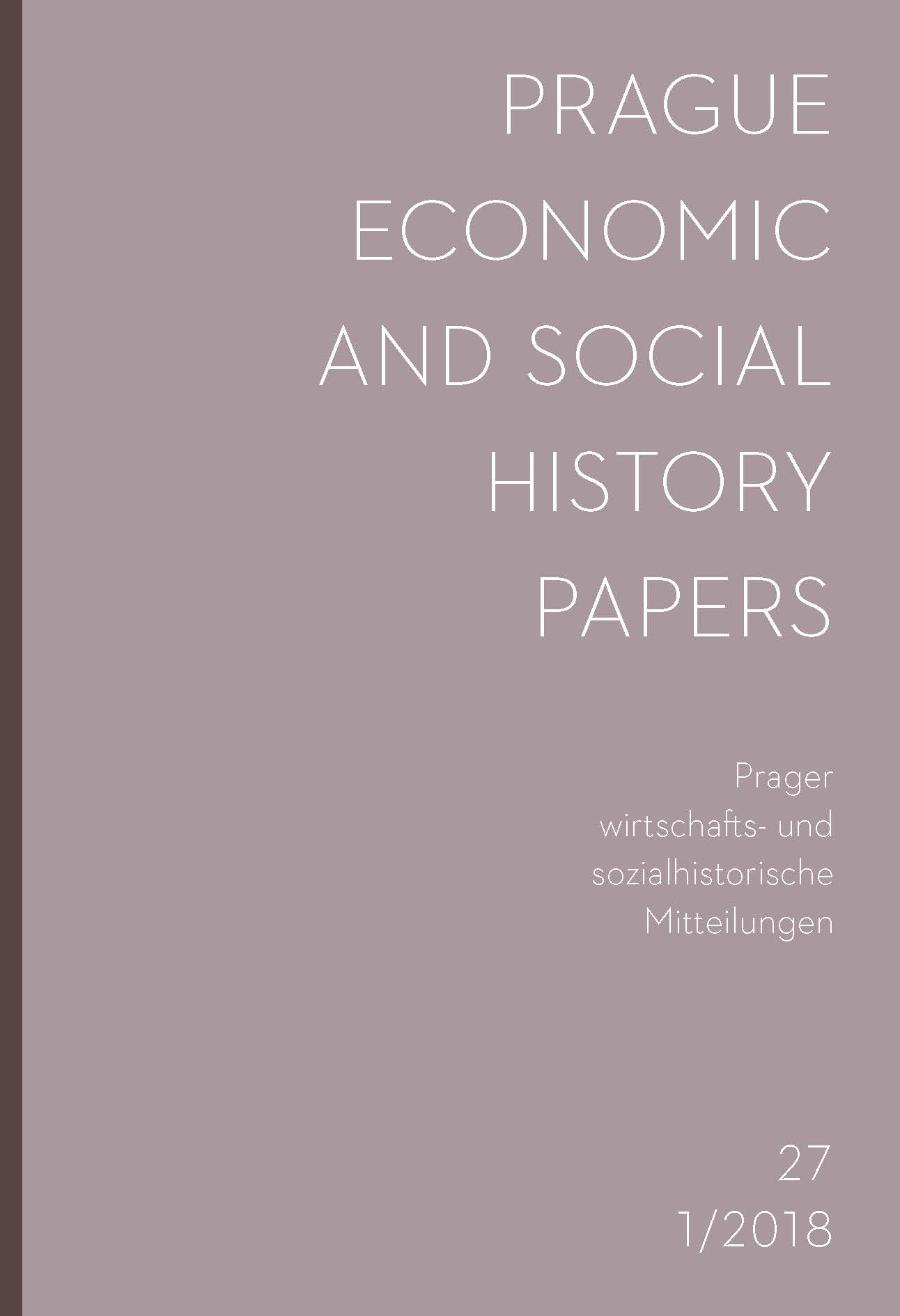Karlín and Kings Road: Two Different Worlds. A Comparison of the Political Success of Communist Party of Czechoslovakia and Communist Party of Great Britain between the World Wars
Karlín and Kings Road: Two Different Worlds. A Comparison of the Political Success of Communist Party of Czechoslovakia and Communist Party of Great Britain between the World Wars
Author(s): Bohumil MelicharSubject(s): Interwar Period (1920 - 1939), History of Communism
Published by: Univerzita Karlova v Praze - Filozofická fakulta, Vydavatelství
Keywords: Communist Party; Czechoslovakia; Great Britain; Interwar Period;
Summary/Abstract: The study gives a comparative analysis of Communist Party of Great Britain (CPGB) and Communist Party of Czechoslovakia (CPC), which were chosen as unique exam ples of success and failure of national sections of Communist international among interwar Europe. The aim of the submitted research is to explain the paradoxical success of CPC sharply contrasted with the marginalization of CPGB. Historical fact that communists ideas were much less popular in Great Britain, a country with the highly developed capitalist system, than in a young Czechoslovak republic, completely turns over the expectations based on the classical texts of Marxist philosophers. The comparison of the organizational evolution of CPGB and CPC, their integration to the national political systems and possibilities of delegitimizations of symbolic pillars of British and Czechoslovak society can stress the causes of stability or instability of societies, in which these branches of communist movement worked. The inquiry that analyzes side by side the impact of two-party and multi-party political system, the role of social implication of open world of empire and small linguistic closed nation, a monarchy and president office as symbols of political and social stability can explore a new perspective on the research of the broad topic of interwar communist movement. Chosen type of individualizing comparison analysis put differences above consistent features in the attempt to highlight causes of openness of Czechoslovak society to the radical left ideology of Marxism-Leninism in the examined era.
Journal: Prague Economic and Social History Papers
- Issue Year: 2018
- Issue No: 1 (27)
- Page Range: 94-120
- Page Count: 27
- Language: English

